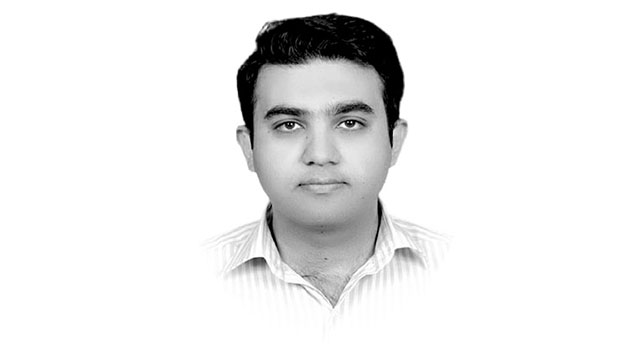Putin and the West
IN January 1991, the Soviet Union was hailed as one of the largest and strongest forces covering nearly one-sixth of Earth’s land mass.
It was the only power fuelled by Communism beliefs which could stand the wrath and might of its arch nemesis the United States.
Standing tall and proud, courtesy to its nuclear program and a wide sphere of influence, the Soviet Union was the force to reckon with.
Fast forward to a year later 25 Dec 1991, Russia was nothing more than a mere husk of its former glory.
The powerful hammer drawn Soviet flag was lowered over the Kremlin in decades and replaced by Russian tricolor.
The non-USSR flag indicated the beginning of new but powerless Russia which had to overcome various challenges in order to be taken seriously again.
Mikail Gotbachev stepped down as a President acknowledging his failure to lead the nation and handed over the reins to Boris Yeltsin hoping that he would steer the country in the right direction and restore Russia’s former glory.
Such a peaceful transition of power was not the norm in the political culture of Communist behemoths.
However, Yeltsin failed to redeem himself and his country by spending his later years as a sick meandering vodka-soaked old man unable to provide any meaningful solution to internal and external challenges threatening the sovereignty of Russia.
It was clear that Russia was in a dire need of an economical and institutional overhaul.
The motherland needed someone who had a potential to face and solve the serious threats she was facing as a nation.
Direct war no longer seemed an option.Diplomacy could be the key to glory.But nobody at the time could be able to predict that Vladimar Putin, a KGB operative, would go on to become the longest serving Russian leader.
To his credit however, he was young (in his forties), articulated, literally, motivated, sharp minded and above all sober.
He spoke of Europe in admiration, shunned isolation of Russia and insisted on tax reforms. Many saw him as a potential leader who was determined to change the political landscape and adamant to break the shackles of liberalism.
Such enlightened and progressive views earned him a number of admirers both at home and outside.
It is however hard to determine if the persona of a progressive Putin was just a sham to grab the power or he was simply consumed by the temptation and prospects of unchecked power along the way by plunging Russia back into an authoritarian regime?
After all, power has the potential to corrupt innocent and noble ambitions.It murmurs a strange lullaby and steals the heart of oblivion.Currently, a sense of dread and helplessness hangs over the heads of Western leaders.
They didn’t expect such an onslaught of power in the hearth of Ukraine.Putin seems determined to challenge the outcome of the Cold War on his own terms.
Unfortunately, the solution viable to him is in the form of military invasion.It is to make clear to the world that Russia is not only insanely powerful but also unpredictable and that is why the country should not be messed with.
But in all fairness Putin and his associates had to know the risks involved and backlash expected in the result of launching an attack on Ukraine.
However, Moscow just shrugged off sanctions and threats in the midst of its military invasion.
In the light of recent incidents it is not farfetched to assume that Putin is hell-bent to retain Russia’s former glory and can go to any extent to achieve that.
Though it is highly likely that Russia will back down and ultimately come to the table to settle the issue, only time will tell what Russia actually intends.
Putin is not a maniac and although he crafted his persona of brash and hard-hitting straight guy, I believe there was a clear and deep planning involved behind his military offensive.
In the meantime, the West is bracing itself for another inevitable war.
—The writer is an Engineer, based in Rawalpindi.










